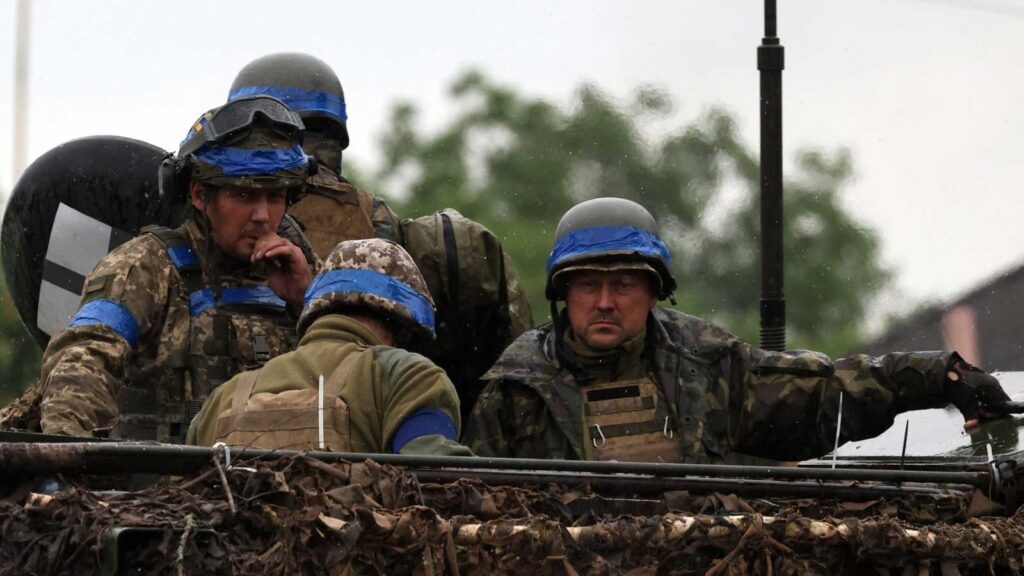Introduction
Ukraine, a nation at the crossroads of Europe, finds itself caught in the midst of a protracted and devastating conflict. The ongoing war in Ukraine, commonly referred to as the “Ukraine Crisis” or “Ukraine War,” has garnered significant attention due to its profound impact on the country and the wider international community. In this article, we will explore the roots of the conflict, its key actors, and the dire consequences it has brought upon Ukraine and its people.
Historical Context
To comprehend the complexities of the conflict in Ukraine, it is imperative to delve into its historical backdrop. Ukraine has a rich history shaped by its diverse cultural and linguistic heritage. However, historical divisions between its eastern and western regions have contributed to a deep-seated divide in the country, fueling tensions that have persisted for decades.
Euromaidan Protests and Crimea Annexation
The Ukraine Crisis was ignited in late 2013 when mass protests, known as the Euromaidan movement, erupted in Kyiv. Initially sparked by the Ukrainian government’s rejection of an association agreement with the European Union, the protests quickly evolved into a broader demand for political reform and an end to corruption. The government’s violent response further galvanized the opposition and led to a change in leadership.
Amidst the political turmoil, Russia seized an opportunity to assert its influence. In 2014, Russia annexed Crimea, a peninsula with a predominantly Russian-speaking population. This move violated Ukraine’s territorial integrity and sparked international condemnation, exacerbating tensions between Russia and Ukraine.
Conflict in Eastern Ukraine
Following the annexation of Crimea, pro-Russian separatist movements emerged in eastern Ukraine, particularly in the Donetsk and Luhansk regions. These movements, supported by Russia, aimed to break away from Ukraine and establish closer ties with Moscow. The conflict quickly escalated into a full-fledged war, marked by armed clashes, territorial disputes, and a profound humanitarian crisis.
The war in eastern Ukraine has inflicted significant human suffering, with a staggering loss of life, widespread displacement, and severe damage to infrastructure and communities. The ongoing violence continues to cast a dark shadow over the region, leaving deep scars that will take years, if not decades, to heal.
International Responses and Global Implications
The conflict in Ukraine has elicited diverse responses from the international community. Western nations, including the United States and European Union, have condemned Russia’s actions and imposed economic sanctions as a means of deterrence. However, these measures have not been sufficient to resolve the underlying conflict or alleviate the plight of the Ukrainian people.
The conflict carries wider geopolitical implications, straining relations between Russia and the West and heightening tensions in the region. It has also raised concerns about the sovereignty and stability of other post-Soviet states, underscoring the need for a comprehensive and sustainable resolution.
Also read more :
The Complex Trait of a Perfect Heroine: Desire to Possess:
Seeking Peace and Reconciliation
Numerous diplomatic efforts have been made to broker a peaceful resolution to the conflict in Ukraine. The Minsk agreements, signed in 2014 and 2015, aimed to establish ceasefires and provide a framework for political dialogue. However, ceasefires have been repeatedly violated, hampering progress towards a lasting solution.
Achieving peace and reconciliation requires a multifaceted approach that addresses the core political, economic, and social grievances of all parties involved. Sustained diplomatic efforts, backed by the international community, are crucial to overcoming the impasse and forging a path towards lasting peace.
Rebuilding Ukraine’s Future
As Ukraine grapples with the devastating consequences of the conflict, the country faces immense challenges on its path to recovery and rebuilding. Economic reconstruction, the restoration of infrastructure, and healing social divisions are crucial steps towards a brighter future for Ukraine and its people.
The international community has a vital role to play in supporting Ukraine’s reconstruction efforts. Providing humanitarian aid, facilitating economic development, and supporting reconciliation are crucial for Ukraine’s stability. These efforts will help the nation rebuild and move toward a prosperous future.
Conclusion: Ukraine
The conflict in Ukraine is a tragic struggle for sovereignty and stability. The nation remains torn apart by historical divisions and geopolitical tensions.Understanding the complexities of the conflict is crucial for fostering international awareness and support. By engaging in diplomatic efforts, advocating for peace, and offering assistance, the global community can help Ukraine recover. This support ensures a future of peace, prosperity, and unity for its people.


